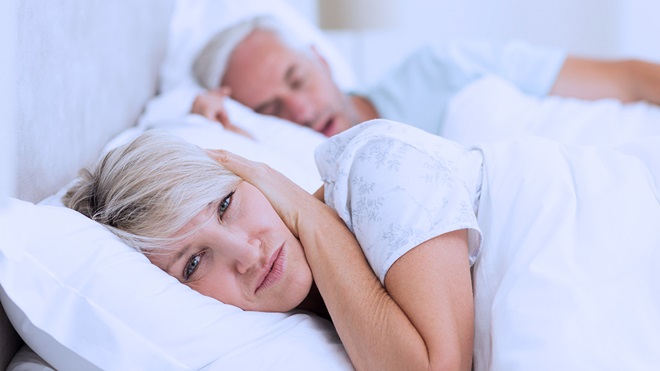Anti-snoring devices and solutions offer a range of benefits for individuals looking to address their snoring issues. However, it is important to consider both the advantages and disadvantages of these devices before making a decision. Here are the pros and cons of anti-snoring devices:
Pros:
- Improved Sleep Quality: Using anti snoring devices can significantly improve sleep quality for both the snorer and their sleep partner. By reducing or eliminating snoring, these devices create a quieter sleep environment, leading to more restful and uninterrupted sleep.
- Health Benefits: Snoring can be a symptom of underlying sleep disorders like obstructive sleep apnea (OSA), which can have serious health implications. Anti-snoring devices can help alleviate snoring and reduce the risks associated with OSA, such as high blood pressure, heart disease, and stroke.
- Non-Invasive: Most anti-snoring devices are non-invasive and do not require surgery or medication. They offer a relatively simple and accessible solution for addressing snoring.
- Variety of Options: There are various types of anti-snoring devices available, such as mandibular advancement devices (MADs), nasal dilators, tongue stabilizing devices (TSDs), and continuous positive airway pressure (CPAP) machines. This allows individuals to choose the device that best suits their needs and preferences.
- Customizable and Adjustable: Many anti-snoring devices, such as MADs, can be customized and adjusted to provide a comfortable fit for the individual. This ensures optimal effectiveness and reduces discomfort during use.

Cons:
- Individual Variability: The effectiveness of anti-snoring devices can vary from person to person. What works for one individual may not work for another, as the underlying causes of snoring can differ.
- Discomfort or Adjustment Period: Some individuals may experience initial discomfort or an adjustment period when using anti-snoring devices. It may take time to get used to wearing the device during sleep.
- Compliance and Consistency: Anti-snoring devices only work when consistently used. Individuals need to be committed to wearing the device every night for optimal results. Lack of compliance or irregular use may diminish the effectiveness of the device.
- Compatibility and Suitability: Not all anti-snoring devices are suitable for everyone. Certain devices may not be recommended for individuals with specific medical conditions or anatomical variations. It is important to consult a healthcare professional or sleep specialist to determine the most appropriate device for individual circumstances.
- Cost: Some anti-snoring devices, such as custom-made MADs or CPAP machines, can be relatively expensive. Additionally, certain devices may require replacement parts or periodic maintenance, adding to the overall cost.
Conclusion:
Anti-snoring devices offer several advantages, including improved sleep quality, potential health benefits, non-invasiveness, and a variety of options. However, it is important to consider the individual variability, potential discomfort, compliance requirements, and cost associated with these devices. Consulting a healthcare professional or sleep specialist can help determine the most suitable device and ensure optimal effectiveness for addressing snoring concerns.
